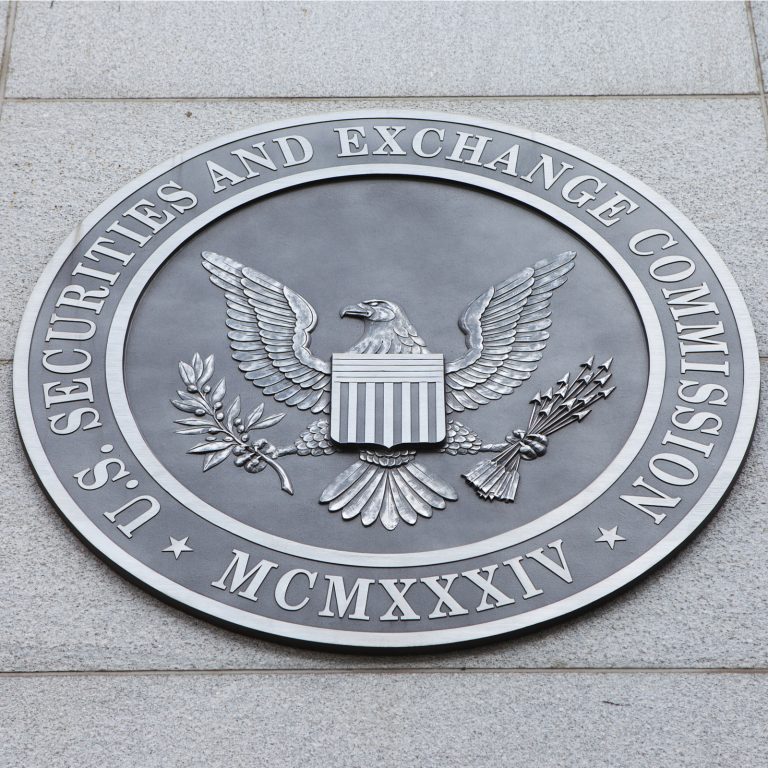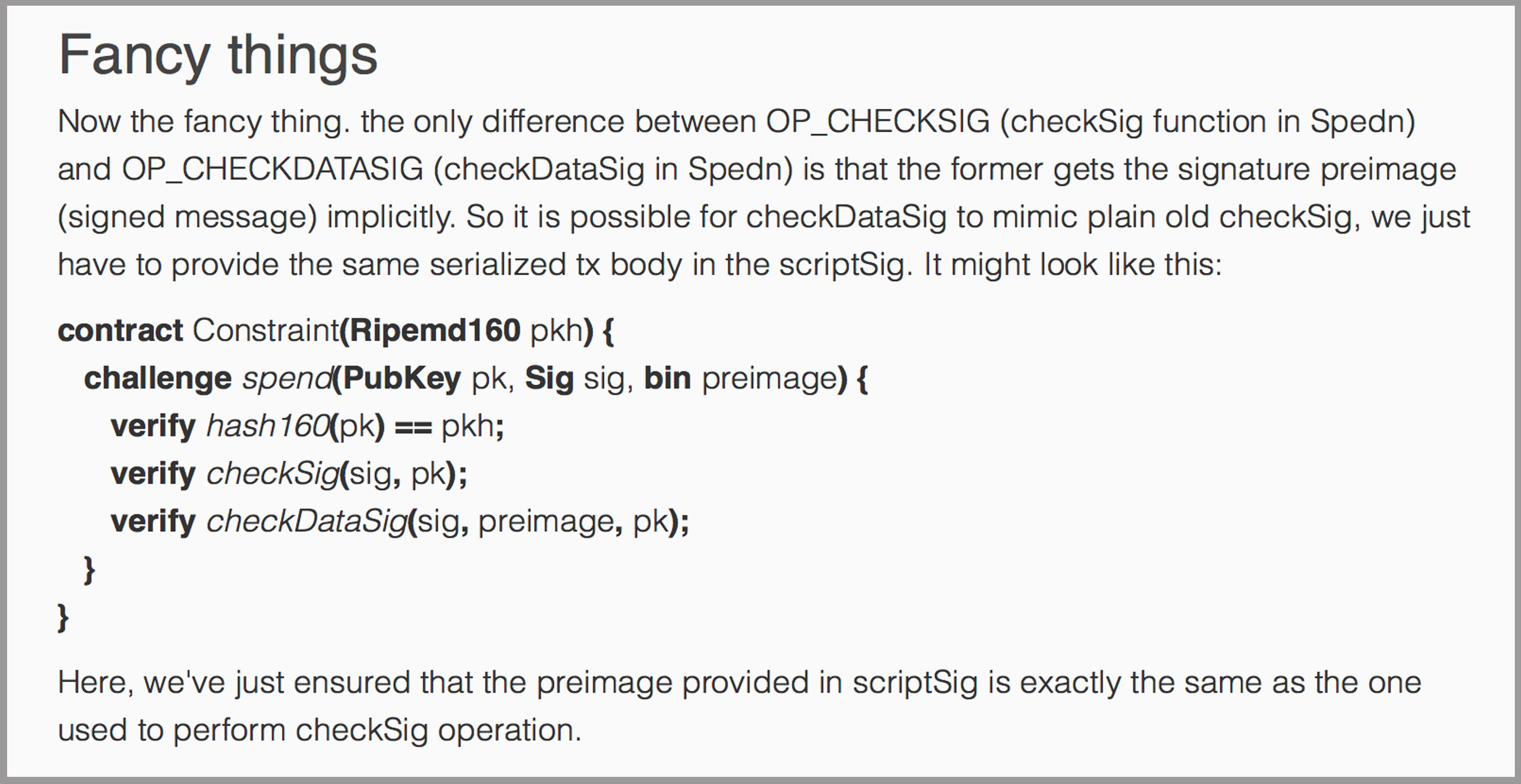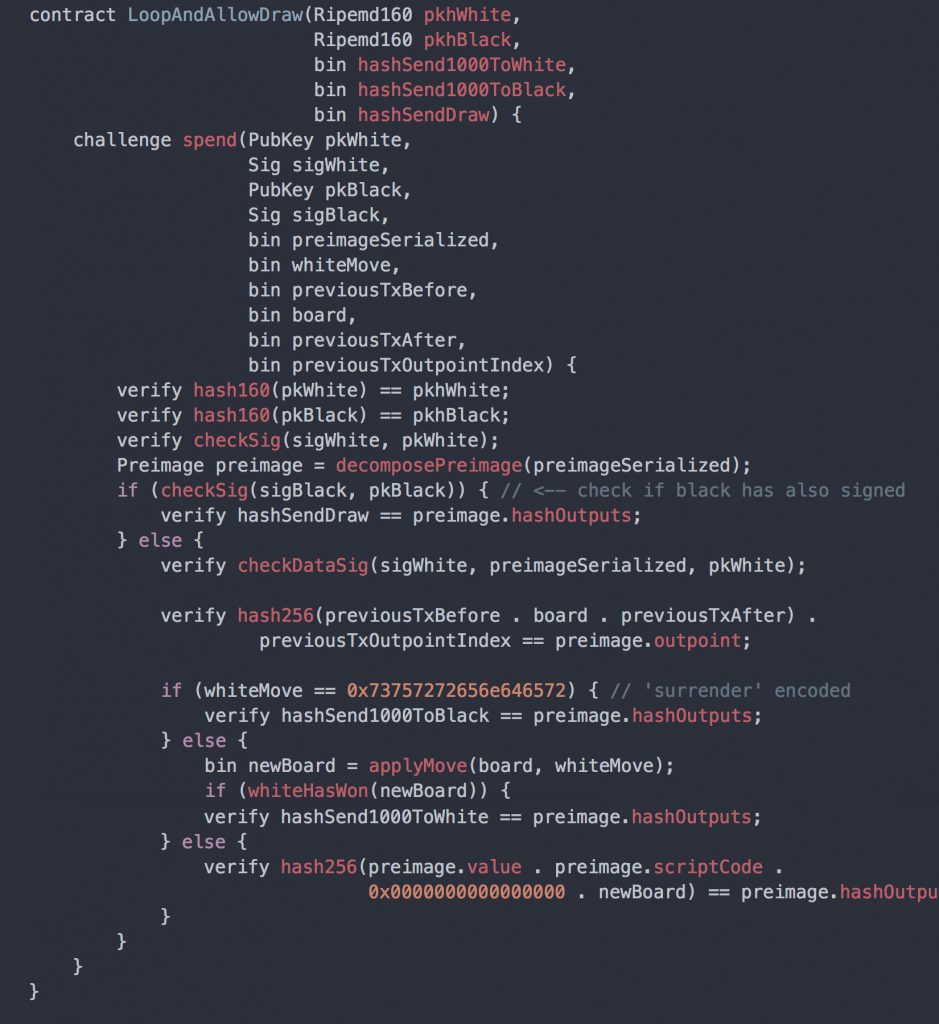
The Satoshi Revolution: A Revolution of Rising Expectations
Section 5: Saving the World Through Anarchism
Chapter 11, Part 7
Crypto Justice: Don’t Smash the State, Bypass the State.
The 19th century individualist-anarchist Benjamin Tucker referred to anarchism as “society by contract.” The contracts could express any exchange, from leases to prostitution, from insurance policies to drug deals. The contracts would not be legal or illegal, only consensual. Just as crypto bypasses central banking and decentralizes economic control down to the individual, smart contracts have the potential of bypassing much of the legal system and returning to the people’s law—contract law. But, like crypto, the contracts would not require a trusted third party.
– Wendy McElroy, “How the Blockchain Provides Private Justice”
Last week’s installment of The Satoshi Revolution was entitled “How the Blockchain Provides Private Justice.” It examined a key argument used to counter the possibility of libertarian or private law. In summary: for justice to function, the content and administration of justice needs to be widely accepted, and that acceptance is based on the system being considered legitimate. The legitimacy is deemed to rest on consensus—on the judgment arrived at by most of those concerned–not on individual choice. This means the administration of justice must be centralized and homogenized by an agency that enjoys consensus because such an agency enjoys the compliance, if not the respect, of society. The preceding dynamic requires the state. When neither obedience nor respect are present, then the justice system commands compliance through the institutionalized violence of law enforcement.
The Parallels of Crypto and Justice
The argument for fiat and against crypto is remarkably similar. In order to function, it is claimed, a currency needs to be widely accepted, and this happens only when the public views it as legitimate. A consensus is necessary. The logic: a currency must be issued by an agency that enjoys public support and can command compliance in the form of acceptance. If the “consensus currency” is not used voluntarily or if it suffers from competition, then its use can be compelled by institutionalized force, such as legal tender laws. Again, this requires the state.
This line of reasoning is invalid for currency; it is invalid for justice. Crypto proved that individual consent coupled with an instrument of administration—the blockchain—can create a currency that others accept. The currency needs only the consent of users, not a broader consensus, and compliance with the blockchain is an automatic matter.
The consensus argument for both currency and justice is more than invalid, however. It is deeply dishonest. For one thing, it is a contradiction in terms. If the administration and acceptance of a “service” relies upon force, then the service is not widely viewed as legitimate; it is widely opposed.
The argument also contains several sleights of hand or sleights of concept. One is how consent and consensus are presented. Consent is equated with legitimacy. This sounds reasonable because, on a personal level, it is. Consent and legitimacy are cause and effect when discussing a person’s willingness to engage in an exchange; a marriage becomes legitimate by saying “I do.” But the legitimacy argument takes a sharp turn when it introduces consensus. At this point, legitimacy is no longer based on individual consent but upon a collective agreement in which individual consent is democratized; the majority wins. The individual loses. As the political satirist P.J. O’Rourke stated “bipartisan consensus. Those are the two most frightening words in Washington. Bipartisan consensus is like when my doctor and my lawyer agree with my wife that I need help.”
The consensus argument rests on geography. Because communities are geographically defined, it is assumed that geographically-homogeneous laws must exist, and they are usually established by some form of majority rule. Binding elections result in politicians—that is, people empowered by consensus—who pass laws that apply to every individual, for example, whether the individual consents or not.
What happens when geography does not define a community and its institutions? Crypto answered this question in at least one area: currency. Money is no longer restricted to the fiat issued by jurisdictions, which flows through the physical choke points called banks. Crypto decentralizes currency and bypasses the geography of the state. The key to private law and justice is the same as the key to money: remove the trusted third party by decentralizing control down to the individual.
Private Justice
Justice occurs when everyone receives what they deserve. Libertarian or private law consists of the rules necessary to achieve this end.
The most persuasive theorist on private law may well be the libertarian Randy Barnett, who teaches legal theory and contracts at Georgetown University. In his book The Structure of Liberty, Barnett contends that the adjudication and enforcement of law should be privately administered, with inefficiencies addressed by the free market; an example of the latter in crypto is the emergence of decentralized exchanges to handle conversion problems. Barnett argues that private law is the solution to the corrupting influence that vested interests and power will inevitably exert upon justice.
Private law is incredibly simple compared to modern models. Barnett writes, “Every dollar spent to punish a drug user or seller is a dollar that cannot be spent collecting restitution from a robber. Every hour spent investigating a drug user or seller is an hour that could have been used to find a missing child. Every trial held to prosecute a drug user or seller is court time that could be used to prosecute a rapist.” Libertarian law is contract law. And as the iconic Murray Rothbard wrote, “It is not the business of the law to make anyone good or reverent or moral or clean or upright.” Law should make people whole.
(Note: how contract law could handle fraud and other acts of aggression will be addressed in subsequent installments. This installment deals with exchange.)
Private law requires two things: voluntary interaction and an instrument of enforcement. Again, the voluntary interaction is the contract, which is not restricted to the economic exchange. There is no aspect of human contact that agreement—implied, verbal, or written–cannot govern.
The obstacle over which theories of private law have stumbled is the instrument of enforcement. For one thing, it invites the participation of a trusted third party. The third party in private law would be a free market one and, presumably, it would be restrained by dynamics like the desire to preserve a good reputation. But any model of law that is dependent upon a trusted third party is vulnerable to corruption, incompetence, and other risk factors. The more dependent it is, the more vulnerable it becomes.
The genius of Satoshi Nakamoto was to remove the trusted third party problem from economic exchanges, but the blockchain’s potential extends much further. It has profound implications for contract law.
Some of the Blockchain’s Implications for Contract Law
A transfer on the blockchain is a simplistic peer-to-peer contract, which memorializes the terms for those involved and is seen to be valid by the surrounding community through transparency. It is a voluntary exchange. The blockchain is also an instrument of enforcement that embodies the terms of execution, such as irreversibility, to which both parties have agreed; their agreement is expressed through the willingness to use the blockchain. Thus the blockchain expresses both requirements of libertarian law; it facilitates voluntary interaction and it acts as an instrument of enforcement.
When law is reduced to contracts and their execution, then the code is the law, literally. This sounds simplistic because it expresses the simplicity of private law.
But the peer-to-peer and one-off exchanges offered by the blockchain has limited value for societies that require complexities such as ongoing contracts for rent. That’s where smart contracts (discussed in the previous installment) come into play. The self-executing contracts allow individuals to escape the blockchain’s limitations by setting their own additional terms for an exchange and its enforcement, including provisions for default. Smart contracts are in a primitive stage of development right now, but their social and political significance are clear. They decentralize law down to the individual level by personalizing the terms of agreement and eliminating the need for a third party instrument of enforcement.
This paradigm of law is free of geography, which makes it free of the perceived need for consensus. The blockchain erases borders as it carries the contract that is consent into every jurisdiction of the world. The implications of this are immense.
If every exchange defines and executes its own version of law, and if justice consists of each person receiving what he deserves, then people can code their own version of what is just and many visions of “justice” can exist and self-execute in parallel and peace. One person might conduct daily life through contracts that express Western common law. His Orthodox Jewish neighbor may prefer contracts that embody Hasidic law. Another neighbor may be a communist. If justice is decentralized down to the individual, then rampant diversity is not only possible but also inevitable. In other words, a free market in justice.
The code is not only the law, it is also justice.
The need for law enforcement, attorneys, and arbitrators would not be eliminated, but it would be so reduced as to become invisible to most people. The need would not be eliminated because it is still necessary to address not merely the operation of daily life but also the break down of daily life: acts of fraud and other violence.
[To be continued.]
Reprints of this article should credit bitcoin.com and include a link back to the original links to all previous chapters
Wendy McElroy has agreed to ”live-publish” her new book The Satoshi Revolution exclusively with Bitcoin.com. Every Saturday you’ll find another installment in a series of posts planned to conclude after about 18 months. Altogether they’ll make up her new book ”The Satoshi Revolution”. Read it here first.
The post Wendy McElroy: Don’t Smash the State, Bypass the State appeared first on Bitcoin News.
from Bitcoin News https://ift.tt/2P9ORu8 Wendy McElroy: Don’t Smash the State, Bypass the State



 Just 500 units of the electro-mechanical Block Clock will be manufactured, but at $4,999, it’s hard to shake the nagging realization that for the same money you could buy one unreasonably cheap BTC, at current prices, and still have change left over. Which brings us to the last commemorative item on our list: If you really want to celebrate Bitcoin’s 10th anniversary in a manner that will give you cause to still be still toasting it 10 years from now, the best thing you can do is to buy bitcoin. Whatever your flavor, be it BTC or BCH, nothing shows your belief in the house that Satoshi built more than buying, saving and spending bitcoin. How will you commemorate Bitcoin’s 10th anniversary? Let us know in the comments section below.
Just 500 units of the electro-mechanical Block Clock will be manufactured, but at $4,999, it’s hard to shake the nagging realization that for the same money you could buy one unreasonably cheap BTC, at current prices, and still have change left over. Which brings us to the last commemorative item on our list: If you really want to celebrate Bitcoin’s 10th anniversary in a manner that will give you cause to still be still toasting it 10 years from now, the best thing you can do is to buy bitcoin. Whatever your flavor, be it BTC or BCH, nothing shows your belief in the house that Satoshi built more than buying, saving and spending bitcoin. How will you commemorate Bitcoin’s 10th anniversary? Let us know in the comments section below.


 Belarus, which
Belarus, which  Galaxy Digital Holdings has released the third quarter financial results of both GDH LP, a merchant bank operating with digital assets, and GDH Ltd., a company that holds a minority interest in the crypto bank. GDH LP, also known simply as
Galaxy Digital Holdings has released the third quarter financial results of both GDH LP, a merchant bank operating with digital assets, and GDH Ltd., a company that holds a minority interest in the crypto bank. GDH LP, also known simply as  The Texas State Securities Board (TSSB) has issued an investor alert about a new crypto scam related to
The Texas State Securities Board (TSSB) has issued an investor alert about a new crypto scam related to 
 The SEC chairman reiterated that the SEC does not see bitcoin as a security. However, it does view the tokens that are offered in many ICOs as securities. “If you’re going to offer and sell securities, you have to do that in compliance with our laws,” Clayton said.
The SEC chairman reiterated that the SEC does not see bitcoin as a security. However, it does view the tokens that are offered in many ICOs as securities. “If you’re going to offer and sell securities, you have to do that in compliance with our laws,” Clayton said. When asked about the proposed Vaneck bitcoin exchange-traded fund (ETF), Clayton declined to “comment on timing.” However, he asserted that the SEC has been clear about several matters of regulatory concern. Among the issues it has identified are “whether there is reliable price information on trading markets.” The SEC has also looked at concerns about custody, particularly “whether people who hold those assets can count on those assets to be there in the same way you can with other assets that underlie an ETF.”
When asked about the proposed Vaneck bitcoin exchange-traded fund (ETF), Clayton declined to “comment on timing.” However, he asserted that the SEC has been clear about several matters of regulatory concern. Among the issues it has identified are “whether there is reliable price information on trading markets.” The SEC has also looked at concerns about custody, particularly “whether people who hold those assets can count on those assets to be there in the same way you can with other assets that underlie an ETF.”
 Hacken, a Ukrainian startup, partnered with social media influencers to promote its initial coin offering earlier this year. Dmytro Budorin, Hacken’s chief executive officer, said the company embarked on an extensive promotional campaign that leveraged social media to reach mainstream investors, after it successfully raised $3 million at the end of 2017.
Hacken, a Ukrainian startup, partnered with social media influencers to promote its initial coin offering earlier this year. Dmytro Budorin, Hacken’s chief executive officer, said the company embarked on an extensive promotional campaign that leveraged social media to reach mainstream investors, after it successfully raised $3 million at the end of 2017. Larry Cermak, head of analysis at The Block, said he is concerned that sponsored reviews delivered by self-purported cryptocurrency gurus are driving new investors to make poor decisions. “The main reason why so many inexperienced individuals invest in bad crypto projects is because they listen to advice from a so-called expert,” he complained. Many unskilled investors “believe they can take this advice at face value even though it is often fraudulent, intentionally misleading or conflicted.”
Larry Cermak, head of analysis at The Block, said he is concerned that sponsored reviews delivered by self-purported cryptocurrency gurus are driving new investors to make poor decisions. “The main reason why so many inexperienced individuals invest in bad crypto projects is because they listen to advice from a so-called expert,” he complained. Many unskilled investors “believe they can take this advice at face value even though it is often fraudulent, intentionally misleading or conflicted.” Markus Hartmann, another Alethena co-founder, revealed earlier this year that he was contacted by two individuals in May offering to broker five-star ratings on Icobench for $500 each, for which the broker would take a $50 commission. Hartmann negotiated for two five-star reviews in exchange for $800 worth of ETH. The reviews were published within 30 minutes of finalizing the negotiations.
Markus Hartmann, another Alethena co-founder, revealed earlier this year that he was contacted by two individuals in May offering to broker five-star ratings on Icobench for $500 each, for which the broker would take a $50 commission. Hartmann negotiated for two five-star reviews in exchange for $800 worth of ETH. The reviews were published within 30 minutes of finalizing the negotiations.
 The revisions will be presented to the Council of Ministers for approval and then filed in the Estonian parliament for adoption. The ministry believes the anti-money laundering bureau should be tasked with inspecting all companies that provide services in the sector. The monitoring of their activities should ensure they are stable and maintain impeccable reputations.
The revisions will be presented to the Council of Ministers for approval and then filed in the Estonian parliament for adoption. The ministry believes the anti-money laundering bureau should be tasked with inspecting all companies that provide services in the sector. The monitoring of their activities should ensure they are stable and maintain impeccable reputations. Estonia is a trailblazer in Europe when it comes to adopting favorable regulations for the cryptocurrency industry. The small Baltic nation became the first country to introduce a licensing regime for companies in the sector. Many crypto businesses have been attracted by the opportunity to operate legally within a European jurisdiction.
Estonia is a trailblazer in Europe when it comes to adopting favorable regulations for the cryptocurrency industry. The small Baltic nation became the first country to introduce a licensing regime for companies in the sector. Many crypto businesses have been attracted by the opportunity to operate legally within a European jurisdiction.
 On Thursday, the Bangkok Post
On Thursday, the Bangkok Post  Satang Corp. operates a crypto exchange in Thailand called Satang Pro, formerly Tdax. The exchange has been granted temporary approval to operate in Thailand while its full application is being reviewed by the Thai SEC.
Satang Corp. operates a crypto exchange in Thailand called Satang Pro, formerly Tdax. The exchange has been granted temporary approval to operate in Thailand while its full application is being reviewed by the Thai SEC. The company “recently said it would issue an STO in the first quarter of next year but file for fund-raising with the US’s SEC and list on the T-zero exchange in the US,” the news outlet wrote on Thursday.
The company “recently said it would issue an STO in the first quarter of next year but file for fund-raising with the US’s SEC and list on the T-zero exchange in the US,” the news outlet wrote on Thursday.





 Not long after the published post about spending constraints with the opcode OP_Checkdatasig, a developer named Tobias Ruck was inspired by the opcode exploration and
Not long after the published post about spending constraints with the opcode OP_Checkdatasig, a developer named Tobias Ruck was inspired by the opcode exploration and 